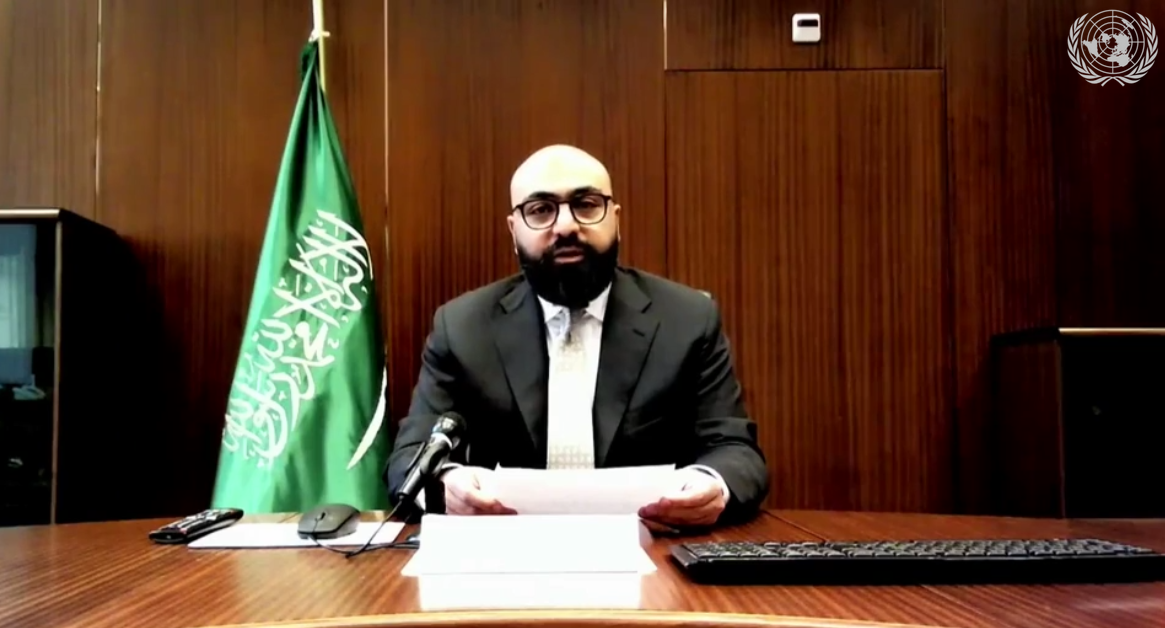
Saudi Arabia replied to the criticism it faced before the Human Rights Council during the discussions on the fourth item of the work of the 46th session.
Muhannad al-Basrawi, a member of the official delegation, reiterated his country’s denial of the criticisms directed against it. He stated that Saudi Arabia’s laws criminalize torture in all its forms and that it is a member of the Convention Against Torture. This comes while Saudi Arabia continues to practice various types of torture and ill-treatment in prisons, which led, during the past week, to a hunger strike of 30 prisoners of conscience. Also, the allegations cited by the official delegation, together with the failure to investigate the death of a number of detainees in prisons, show a lack of credibility.
With regard to the criticisms of the terrorism law, Saudi Arabia claimed that the law applies only to those who have committed crimes that lead to a breach of security and stability. The official comment on criticism of the terrorism law did not address the targeting of human rights defenders and activists under this law.
In terms of the continued association of the judicial organs with the King directly, including the Public Prosecution Office, the Saudi response was that the judicial authority “enjoys complete independence”, and that the regulations preserve and protect the rights of all defendants before the courts. While individuals are deprived of their rights to self-defense and investigation, subjected to torture, and other violations, al-Basrawi said that his country guarantees the required standards of fair and transparent trials.
The European Saudi Organization for Human Rights (ESOHR) affirms that the Saudi delegation in the Human Rights Council uses the right of reply to mislead and attack countries that criticize it without providing correct information. The mere existence of regulations that criminalize torture does not mean that they are implemented and does not negate the fact that the Saudi Arabia systematically practices torture in interrogations. The organization monitored dozens of cases in which torture has been documented.
